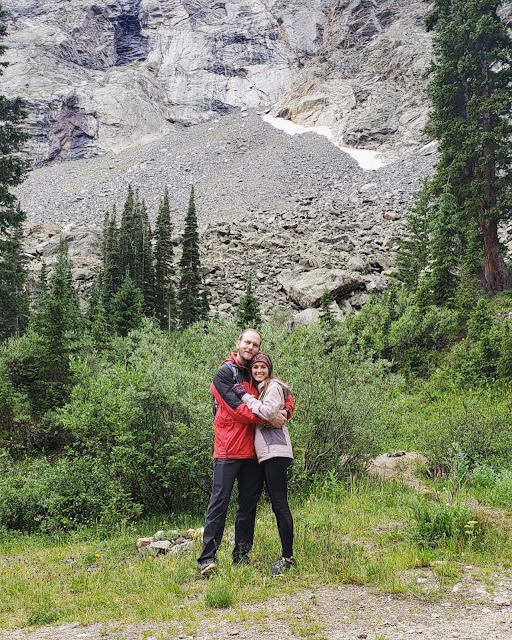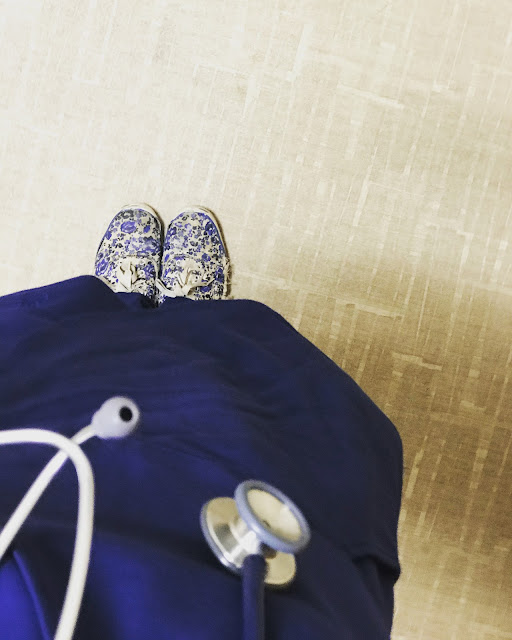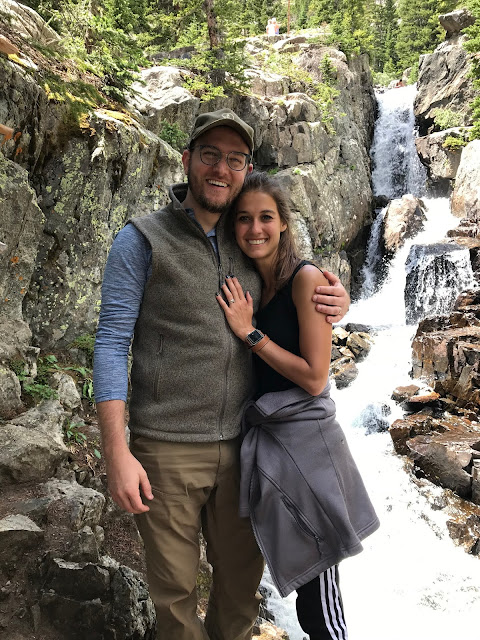Currently Reading: Five Days At Memorial
This book tells the story of Memorial Medical Center, a hospital in New Orleans, in the five days following Hurricane Katrina. With no electricity, limited ability to provide medical care, and a disorganized evacuation plan, the medical professionals were put in traumatic situations and had to make impossible decisions. This book continues with the unfolding aftermath of those decisions, specifically the allegations of doctors and nurses injecting sedatives to hasten the death of patients. It is a heartbreaking read; retelling of events that should have never happened.
It opens up a conversation on how America responds to national emergencies and the things that must change to prevent this type of situation from repeating itself. This book also opens up a really hard conversation on death. There were things that happened at Memorial after Hurricane Katrina that were wrong and should never have happened. But there are situations where the line between compassionately providing sedation to lesson the pain of death and the actual hastening of death are more grey, less defined. This is a conversation that is hard and makes me uncomfortable, but something that I face in my profession and am learning that I cannot be afraid to talk about.
A truly fascinating medical & legal read!
"What was it about death in the United States? Why did it seem like Americans were so unprepared for it when it occurred? She had seen it again and again working in the ICU. People often did not want to talk about death with the dying, or be there with a relative when it happened. Why did we celebrate every milestone in life except this one?... Everyone wanted to be there to witness the beginning of life, but the ratio of birth to death was one to one. We all had to learn to say good-bye and give our loved ones the dignity to acknowledge we knew they were going." (pg 453)
This book also had some fascinating insights which apply directing into the disaster plans that have been utilized in the current COVID 19 crisis.
"In 2008, citing the arrest of the Memorial health professionals and fears that a severe influenza outbreak could emerge and force providers, again, into making life-and-death choices between patients, New York planners published a protocol for rationing ventilators. The guidelines, devised by experts in disaster medicine, bioethics, and public policy, were designed to go into effect if the United States was ever struck by a pandemic comparable to the 1918 Spanish flu outbreak, which sickened more than a quarter of the population, overwhelmed hospitals, and killed an estimated 50 million people worldwide - the most deadly disease event in recent history...
First the experts recommended ways that hospitals could stretch supply, for example by canceling all elective surgeries during a severe pandemic. New York also purchased and stockpiled additional ventilators - enough to deal with a moderate pandemic but orders of magnitude fewer than would be needed in a severe outbreak of 1918 scale.
Officials realized those two measures alone would not be nearly enough to meet demand in the most dire scenario. Ventilators were costly, required highly trained operators, and used oxygen, which could be limited in a disaster - so the group drew up the rationing plans. The goal, participants said, was to save as many lives as possible while adhering to an ethical framework. This represented a departure from the usual medical standard of care, which focuses on doing everything possible to save each individual life. Setting out guidelines in advance of a crisis was a way to avoid putting exhausted, stressed front-line health professionals in a position of having to come up with criteria for making touch decisions in the midst of a crisis, as the ragged staff at Memorial Medical Center had to do after Hurricane Katrina." (Pg 466-467)
**this book does have some language and many adult/heavy topics












Comments
Post a Comment